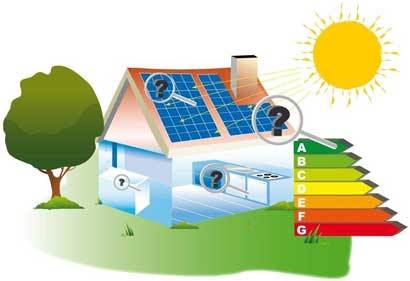
Want to save money? Looking to live a more environmentally friendly lifestyle and cut down on your energy consumption? Consider investing in an energy audit.
What Is A Home Energy Audit?
A home energy audit is also known as an energy assessment. It is a process that analyzes the energy you use in your home each day. The report can show you how and wh ere you can cut back on your energy consumption. It can also point out areas where energy is literally leaking from your home.
For example, a home energy audit may find that your kitchen appliances are out of date and consuming much more electricity than necessary. You can then purchase Energy Star appliances and get a credit from your local government.
The energy audit also looks at your heating and cooling system. It can point out areas where your home is losing heat during the winter. This is valuable information because you can then take steps to conserve energy in your home and save a lot of money.
How Does A Home Energy Audit Work and What Does It Cost?
When you invest in a home energy audit a professional will come to your home. They’ll use tools like infrared cameras to identify areas where you’re losing energy in your home. You’ll receive a report outlining areas of concern. Often the auditor will help you find simple solutions to conserve energy.
A home energy audit can cost anywhere from a few hundred dollars to a thousand dollars depending on the depth of the audit.
DIY Home Energy Audit
You can also do a home energy audit yourself. Check for leaks in the following areas:
• Around your windows and doors
• Around your switch plates and outlets
• Around your fireplace
• Around your wall mounted air conditioners
• Around your attic door
• Around your plumbing and electrical junctions coming into your home
Also take a look at the insulation you have in your attic. Have your heating and cooling equipment cleaned and inspected annually. Replace your standard light bulbs with CFL bulbs. Finally, turn off appliances and electronics when not in use. Unplug them if possible. If not, consider plugging electronics into a power strip and turn off the strip when they’re not in use.
A home audit can turn up several surprises. You may be losing more energy than you imagined. Simple steps can help you save money and conserve energy. Start with an energy assessment and then make the necessary changes to become more environmentally friendly today.

